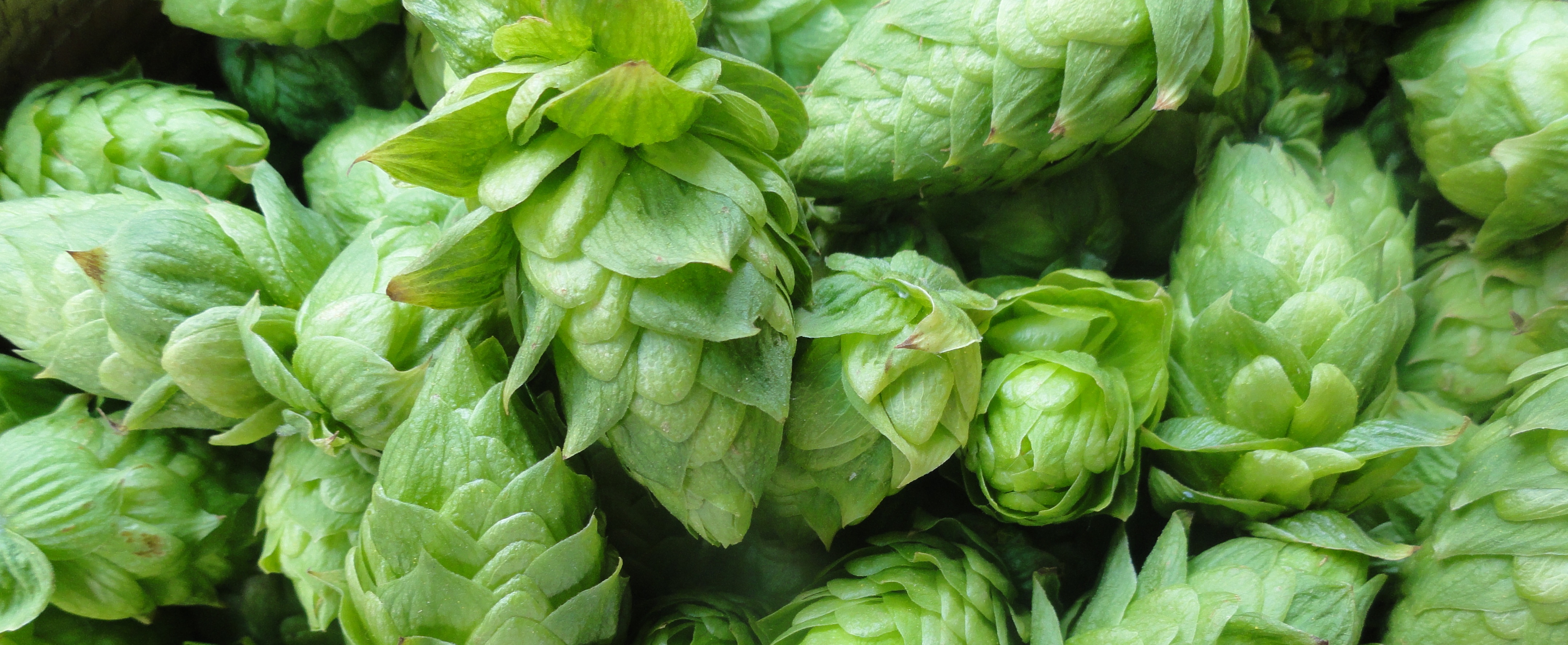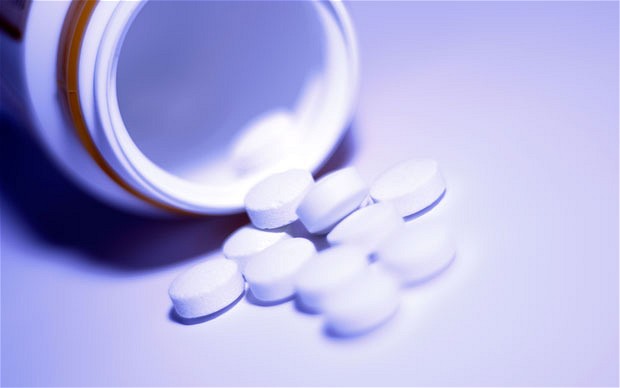In last Friday’s post, we detailed the risks associated with prescription sleep aids. (Of which there are many.) Rather than leave you sleepless in Slumberland, we thought it would be a good idea to offer our readers some natural alternatives. Here are our top seven choices for getting some Zs without the zolpidem!
1) Melatonin

We’re starting our list off with melatonin, one of the most popular non-pharmaceutical sleep aids. Unlike the rest of our recommendations that follow, melatonin is naturally produced by the human body (as well as by a host of other animals, plants, fungi and bacteria), so it is generally considered very safe by the medical community.
Humans and other vertebrates produce melatonin, a hormone, in their pineal glands. In animals that are awake during daylight hours, it produces a calming, sedative effect. (In nocturnal animals, it does the opposite, preparing them for their nightly activity.)
Melatonin is sold over the counter in the U.S. and Canada, so it’s very easy to obtain. While it is often pressed into 3 to 10 mg tablets, it is effective in ranges as low as 0.3 to 0.5 mg, so it may be wise to break tablets up into smaller doses until you know how your body will react.
While uncommon, some side effects of supplemental melatonin use may include next day grogginess, as well as mild irritability and decreased blood flow in some users. When compared to the potential side effects of prescription sleep aids like zolpidem, however, the risks associated with using melatonin are much, much lower.
2) Magnesium

When you think of getting a good night’s sleep, magnesium may not be high on your list. However, it’s in spot number two on ours for a reason! As it turns out, magnesium plays a vital role in regulating sleep, and even a slight deficiency in this mineral can cause issues with falling and staying asleep. And, unsurprisingly, many Americans aren’t getting enough of it due to poor diet.
In addition to being available as an over the counter supplement, magnesium is also found in foods like spinach and other green leafy vegetables, pumpkin seeds and almonds. So if you are having issues with sleeplessness or insomnia, look to your diet first to see if a magnesium deficiency may be the issue. (Bonus points: combine it with calcium to truly maximize its effects!) Remember: the food we eat plays such an important role in how well we sleep!
3) Valerian Root

Valerian is a flowering plant native to Europe and Asia, and it has also been artificially introduced to North America. Valerian’s use by humans as a medicinal herb dates back as far ancient Greek and Roman times, and it is described throughout history across many cultures. In addition to its sedative properties, it has also been used for antiseptic, anticonvulsant purposes, as well as to treat migraines and general pain.
Like many sleep aids, valerian root contains Gamma-aminobutyric acid, commonly referred to as “GABA.” When GABA comes in contact with certain receptor sites in our brains, it produces a sedative response in the human body. (Benzodiazepines like Xanax and Valium also interact with these same receptors.)
Valerian products are available in many forms, including herbal teas and supplemental extracts. One advantage of using an extract product is that the dose is standardized, whereas the concentration of active ingredients in products that use raw plant matter (like teas) can vary wildly.
Users of valerian root very rarely experience side effects, but large doses may cause mild depression, stomachache and apathy in some users. Like all sleep aids, it’s never a good idea to drive or operate heavy machinery after using valerian.
4) Kava Kava

Like valerian, kava kava is a plant with medicinal roots. (Both literally and figuratively—the active ingredients, called “kavalactones,” are located in the root part of the plant!) Kava kava is native to the western and south Pacific islands, including Polynesia, Hawaii, Melanesia and Micronesia, and its history of use dates back thousands of years.
While consumed as a recreational drink and social lubricant in these cultures in much the same way alcohol is consumed by many western societies, kava kava is also well known for its sedative and anxiolytic effects. (In fact, its usefulness as a sleep aid stems almost exclusively from its ability to calm anxiety.)
If you have liver issues it would probably be best to avoid kava kava, but when used within common dosage levels, most won’t experience issues. While it is available both as an herbal tea and in extract form, be advised that the loose plant matter products suffer from the same potency inconsistencies that valerian and other herbal preparations do.
5) Hops

You may be familiar with hops as the herb that gives beer much of its flavor and aroma, but did you know that it also has medicinal uses as well? The female flowers of the hop plant have been used since the middle ages as an herbal remedy for anxiety and sleeplessness—maybe that’s why that post-work beer is always so calming! 😉
Some scientists think that hop’s calming effects come from our bodies breaking down the alpha acids it contains, but there is still much research to be done on the subject.
Rather than getting your bedtime hop fix from a beer (because alcohol can interrupt our sleep!), try an herbal tea or extract. Between 30 to 120 mg should do the trick!
6) Chamomile

Chamomile is a very popular herbal sleep aid for a reason—it works! Research shows that both the aroma and oral consumption of chamomile promote mental calmness. (And it doesn’t hurt that it smells and tastes delicious!)
If you want to prepare fresh chamomile tea, look for the German variety over the Roman variety. Otherwise, there are plenty of pre-packaged teas available for purchase. (Being another Colorado-based business, we have to recommend Celestial Seasonings!)
7) Catnip

If you don’t talk to your cat about catnip, who will?
In all seriousness though, catnip isn’t just for cats! While it tends to produce erratic and hyper behavior in our feline friends, in humans, it does the opposite.
While used historically for both cooking and smoking purposes, catnip preparations nowadays consist more commonly of teas, juices and tinctures. So next time you can’t sleep, ask your kitty if you can borrow some ‘nip!
* * *
With so many natural options available (and this list is far from exhaustive), hopefully you can see that prescription sleep aids aren’t the only answer to your sleep problems! Before going on any kind of supplement it’s always best to consult with your doctor, but the side effects from these seven natural remedies should be nowhere near what you would experience with a prescription drug like zolpidem. So, next time you find yourself tossing and turning with no end in sight, give one or more of these a try! It may take some time to find the right combination of remedies that work for you, but when you do, we promise it’ll be worth the effort.
While it never hurts to have a little extra help falling asleep, sometimes it takes more than an herbal tea or supplement to combat sleep issues. Oftentimes, the problem lies in our pre-bedtime behavior. In this Friday’s post we’ll be covering some of the most common bad sleep habits and how to break them, so be sure to check back then!
Until next time: sleep well, live well and be well!














